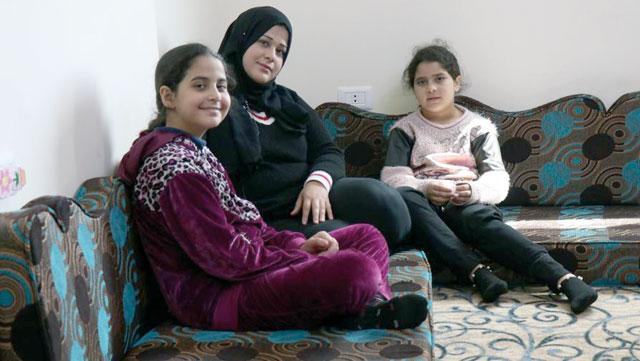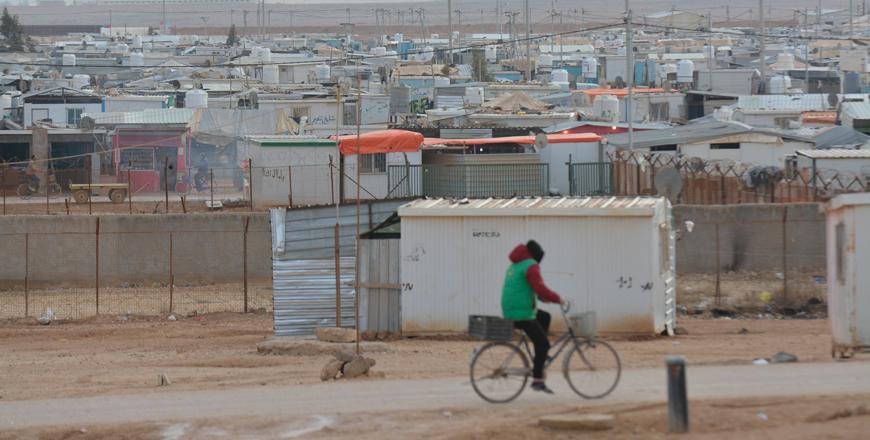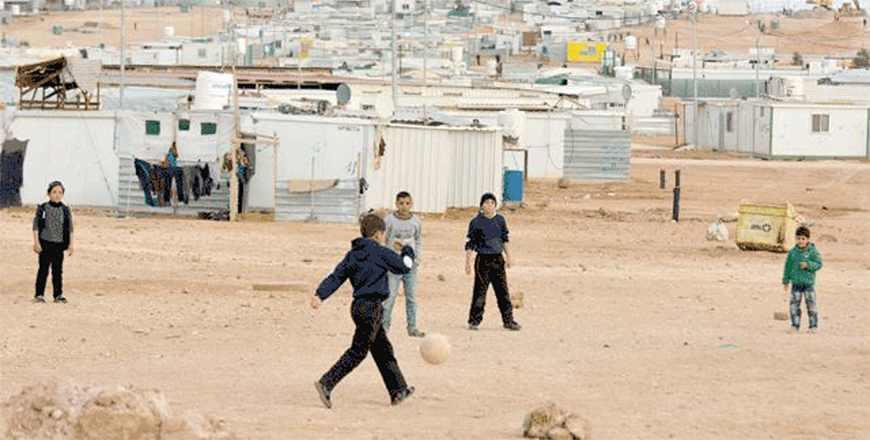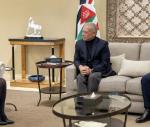You are here
UNHCR mid-year report details needs of Syrian refugees
By Elizabeth Turnbull - Aug 22,2019 - Last updated at Aug 22,2019
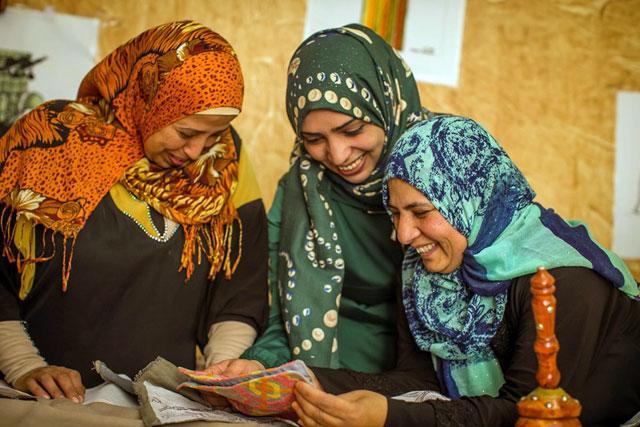
Only 6 per cent of work permits have been issued to refugee women, according to UNHCR’s Regional Refugee and Resilience Plan mid-year report (Photo courtesy of UNHCR Facebook page)
AMMAN — Syrian refugees in Jordan have a greater need for adequate housing and job opportunities, according to the UNHCR’s Regional Refugee and Resilience Plan mid-year report, which was released a few days ago.
While the border to Syria was opened last year, only 2 per cent of Syrian refugees in the Kingdom have returned to their country since October 2018, according to the report. Those remaining greatly feel the effects of limited vocational opportunities.
Out of roughly 305,000 UNHCR-registered Syrian refugees between the ages of 18 and 59, less than one half have been issued work permits through the Jordan Compact from 2016 to June of 2019. Only 6 per cent of work permits have been issued to refugee women, according to the report.
The UNHCR Jordan programme was only 30 per cent funded at the time the report was released.
A total of $51.8 million is still needed to maintain educational activities for roughly 400,000 children from July onwards, according to the report, which states that if such funds are not delivered, children may have to drop out of school, providing them less protection against child labour and early marriages.
In addition, $80 million is needed to help the approximately 173,000 Syrian refugees who depend on cash assistance, and $8 million is needed to help improve the quantity of water supplied to refugee camps to avoid potential hygiene and health condition issues, according to the report.
“Jordan is one of the most water-scarce countries in the world and although access to water has improved over the last couple of years increasing competing water demands present many challenges,” UNHCR Jordan spokesperson Lilly Carlisle told The Jordan Times on Thursday.
“For vulnerable refugees living in camps and remote areas, continued investment is needed to ensure that adequate quantities of safe water are available,” she said.
After requiring Syrian refugees to pay 80 per cent of the “foreigner rate” for healthcare last year, the government changed this policy this April, allowing Syrian refugees to resume access to subsidised healthcare, according to the report.
In addition, Syrian refugees are currently exempted from having to pay for antenatal care, family planning, postnatal care and for vaccinations from the Ministry of Health, according to the report.
While healthcare access has improved, the issue of housing has become urgent for Syrian refugees as 43 per cent reported that they did not have a formal agreement with a landlord, a percentage which has increased by 18 per cent compared to 2017, according to UNHCR statistics.
The installation of solar plants in Azraq and Zaatari refugee camps has proven a beneficial endeavour as $6 million has been saved on average in electricity bills annually after the installation of such plants.
In Zaatari camp, 144 Syrian refugees have been trained and are now accredited as electricians and work on the construction and maintenance of the solar power electrical system, according to the report.
Related Articles
AMMAN — Following a surge in donor activity over the last month, the UNHCR’s 2019 operations in the Kingdom are 44 per cent funded as of the
AMMAN — Approximately 12,000 refugee families are on the cash assistance waitlist, meaning that they are eligible but unable to receive mont
AMMAN — Additional aid to Jordan is vital, according to economists, after a UNICEF report highlighted that more than one million children in


